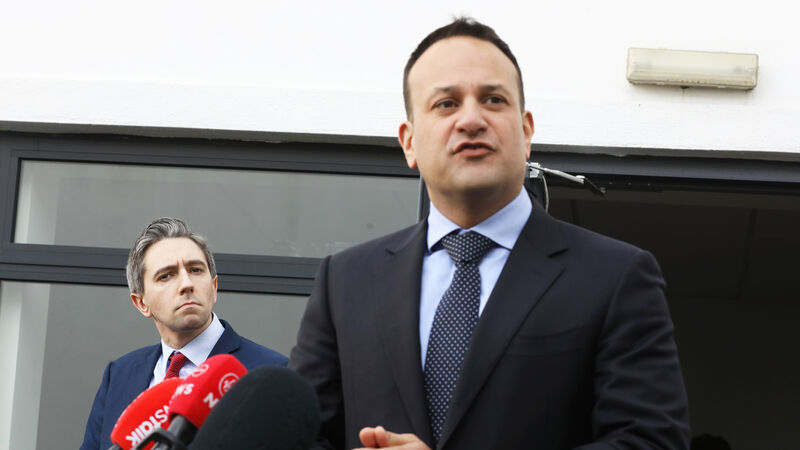Generation Paused: How the Government plans to tackle youth unemployment in Covid generation

Nicole Glennon aks Minister for Further and Higher Education Simon Harris and Minister for Employment Leo Varadkar how they plan to tackle youth unemployment
The issue of youth unemployment is high on the Government’s post-pandemic agenda, with a range of grants, training incentives, extra places and new schemes announced with the aim of ensuring those currently out of work don’t become long-term unemployed.
“We know from experiences of previous recessions that the longer somebody is out of work, the longer somebody is drawing welfare payments, the less likely they are to get back into work,” says Tánaiste and Minister for Employment Leo Varadkar.











